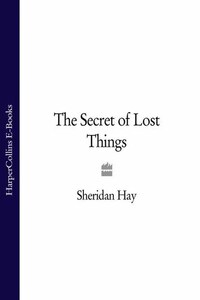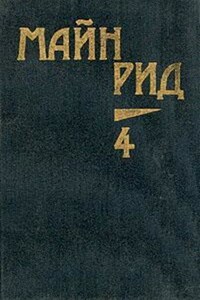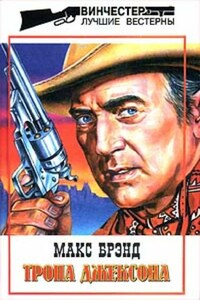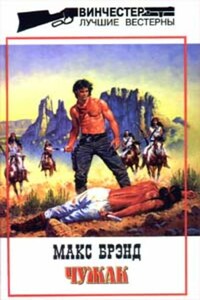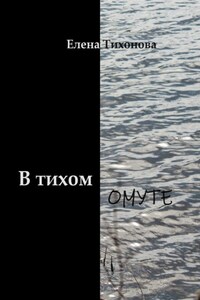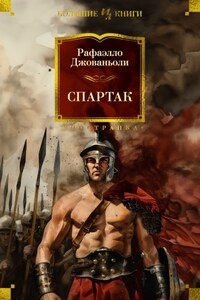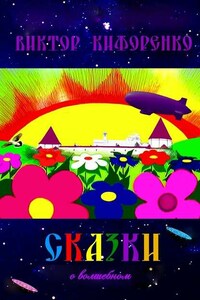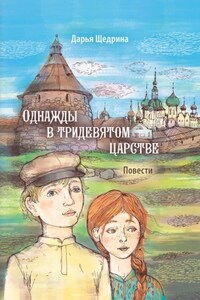I was born before this story starts, before I dreamed of such a place as the Arcade, before I imagined men like Walter Geist existed outside of fables, outside of fairy tales. My time at the Arcade would have gone very differently but for him, for his blindness. His eyes were very nearly useless when I met him, and were it not for his condition, I would never have known about Herman Melville’s lost book. Walter Geist’s blindness is important, but it’s my own, with regard to him, that remains a lasting regret. It’s the reason for this story. If I start with my own beginning you will understand how I came to the Arcade, and how it came to mean so much to me.
I was born on April twenty-fifth, never mind what year precisely; I’m not so young that I care to put my age about, but not so old now that I forget the girl I was.
My birth date, however, is significant in another sense. April twenty-fifth is Anzac Day, the most important day of commemoration on the Australian calendar. It is the day when Australians pin sprigs of rosemary to their breasts to remember those lost to war, to remember that first great loss, at Gallipoli, where rosemary grows wild on the beaches. “There’s rosemary, that’s for remembrance,” says Ophelia, once she’s lost her mind to grief. “Pray you, love, remember.”
It was April twenty-fifth on the island state of Tasmania, when my mother saw stalks of spiky rosemary pinned over hearts, the day she walked to the free public hospital to give birth to me, walked through the crowded Square trying to avoid the ragged annual parade of veterans and gawking locals. That hardy plant stayed in her mind through a difficult labor, not as the symbol of loss, for she was gaining me, but as an emblem of memory.
Anzac Day, then, determined my name—Rosemary. And given along with my name, the occupation I practice here—to remember. After all, memory is a kind of obligation, perhaps the last duty owed anyone.
I have only one other name. My last—Savage. And Mother too gave me this name, only Mother. She brought me home to the small flat she rented above the shop off the central town Square. Remarkable Hats was the only store of its kind on the island of Tasmania, and we grew up in that shop, Mother and me. But like a pair of goldfish, we grew only so much as the bowl allowed. We came to fit it, but we lived in a bowl of separateness, a transparent wall between us and the rest of the town. Mother had come from the mainland, she was an outsider, and everyone knew that “Mrs.” Savage was a prefix that didn’t disguise one single defining fact: there wasn’t a husband in sight.
But disguise, in a way, was Mother’s business. Hats, after all, can cover up a good deal of what one might not want revealed. Hats can even grant a measure of acceptance to a woman who’d appeared from the mainland to establish a small, decent business—pregnant, without an apparent partner.
“It’s hats that saved us,” Mother often said. “That’s why I call these hats remarkable. They made me unavoidable to respectable people.”
It was imagination that saved us. Hers, in particular. And I like to think imagination was her gift to me.
Remarkable Hats made Mother something of an arbiter of taste in our town as well as wise to vanity. She could guess the hat size of customers within moments of laying eyes on them. The measurements of regular customers she memorized, along with a characteristic that, to her, matched the circumference of their head.
If she saw our prosperous and ambitious landlord, Mr. Frank, in the Square she’d say: “That Mr. Frank, no wonder he’s a nine-and-three-quarters. With all those big ideas, he certainly needs the space.”
Or she’d mention that Mrs. Pym, the florist, had been trying on hats to wear to the Cup: “Of course, Rosemary, nothing I had was right. Pym is one of those five-and-a-halfs. Practically a pinhead. No room in there for a thought, let alone a decision.”
Hats were oracles, divining rods to behavior, and while Mother’s way of judging her fellow Tasmanians was often accurate, matching the opprobrium of a small town with her own brand of snobbishness did little to relieve our isolation. Of course, isolation itself worked on our imaginations, our illusions, separating us even more. We were only glancingly acknowledged, and never included. I helped in the store after school. Friends were discouraged, if they’d ever been interested, or more precisely, curious.
